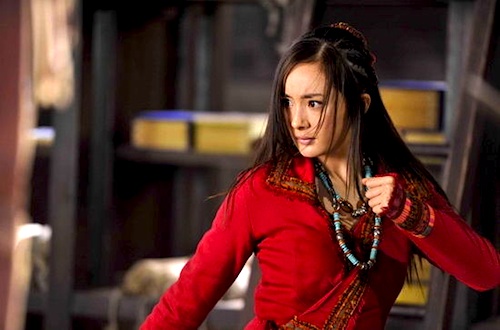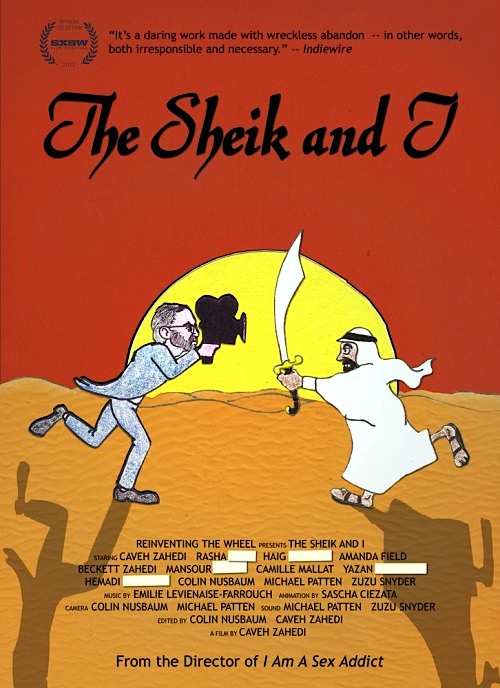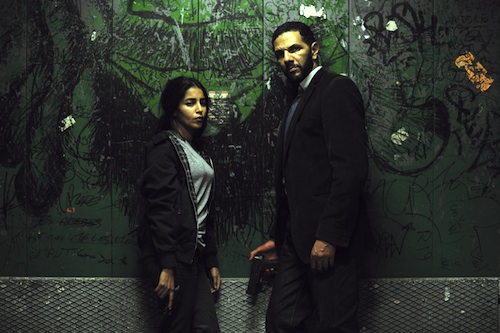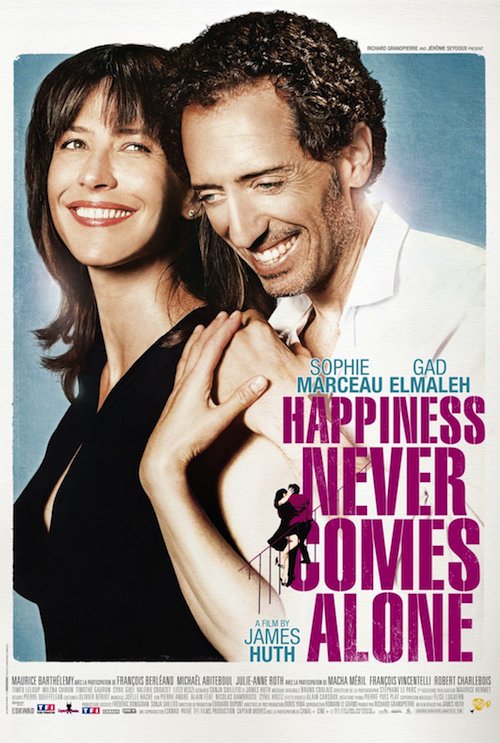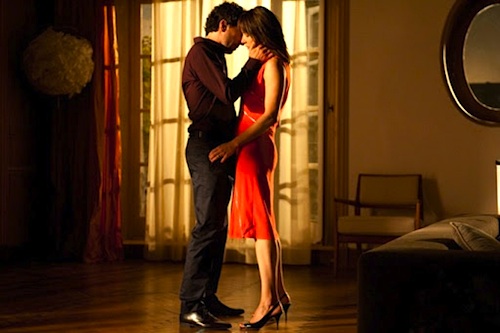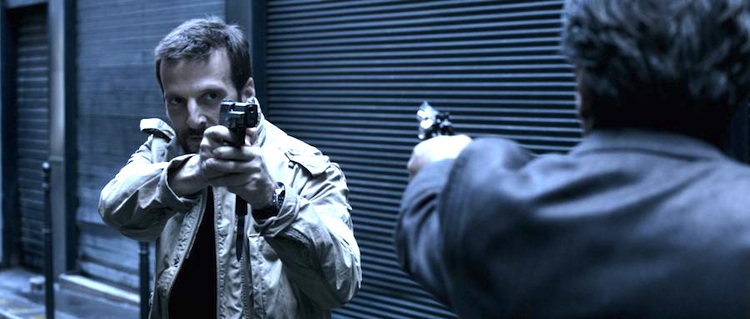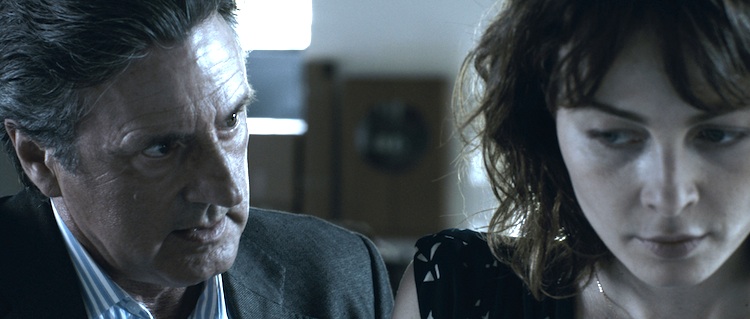By Joe Bendel. Who would benefit from keeping America out of the war in Europe? It is a question that will preoccupy a former British secret agent all her life. She was supposed to be set-up in a manner that would badly discredit the British intelligence community with the American public. She was also supposed to be dead. However, the Russian exile has more lives than a cat in the Sundance Channel’s two part mini-series adaption of William Boyd’s Restless, which kicks off this Friday night.
When professional Cambridge student Ruth Gilmartin pays a visit to her mother’s country home, she finds the woman in the throes of paranoia, or so she presumes. Sally Gilmartin claims there are people watching the house from the surrounding tree-line. It all has something to do with her service as a spy during WWII. At the time, she went by her real name, Eva Delectorskya. Initially, this is all too much for Gilmartin to accept, but the site of a shadowy figure in the woods gives her pause. Reading her mother’s file, she gets the gist of the story viewers see in periodic flashbacks.
A former Russian aristocrat, Delectorskya is recruited by British intelligence in France after her brother is murdered by Fascist thugs. Lucas Romer will be her handler. Although he is not inclined towards any sort of emotional involvement, sparks will eventually fly between them. Delectorskya turns out to be a natural agent, but her missions are often rather dodgy. Yet somehow disaster always turns into success, at least within the agency bureaucracy.
Transferring to New York, they both assume roles at a dubious wire service that specializes in releasing disinformation to mislead the Germans. From time to time, a little field work is required to plant an especially sensitive story. Delectorskya assumed that was all she was doing when she accepts her fateful assignment to Albuquerque. Unfortunately, she soon discovers someone at the agency sold her out. The consequences of that ill-fated mission will linger for decades.
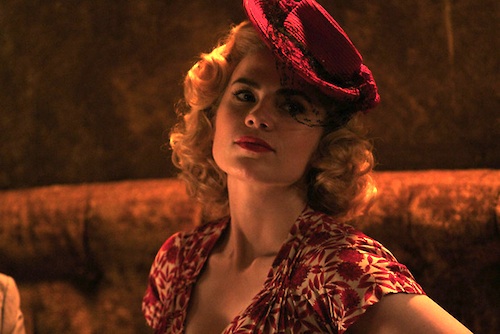
What more can you ask of a miniseries that gives you Charlotte Rampling buying a shotgun? She plays Delectorskya/Gilmartin like the strong, intelligent woman she would have to be. Downton Abbey’s Michelle Dockery also looks the part of her daughter, but her shocked incredulity goes on far too long. In fact, the first installment does not lack for exposition, but the second part pays off with interest.
When the elements are all in place, Restless becomes quite a rich feast of skullduggery, helmed with a fair degree of style by Edward Hall. As young and old Romer respectively, Rufus Sewell and Michael Gambon might not exactly be the spitting image of each other, but they are definitely at home with the murky intrigue. A strong ensemble from top to bottom, character actor Adrian Scarborough makes a particularly strong impression as Delectorskya’s ally, Morris Devereux. However, as the resilient young Delectorskya, Hayley Atwell is a bit pedestrian, lacking the Mata Hari allure one would expect from her. Still, she becomes Charlotte Rampling, which is something.
While Boyd’s screen adaptation of his own novel is smart and tense down the stretch, his nondescript title never seems particular apt, but no matter. Restless is a quality period production long on atmosphere that should satisfy for regular viewers of Masterpiece Mystery and BBC America’s mystery-thrillers. Recommended for fans of British television and espionage junkies, Restless begins this Friday (12/7) on the Sundance Channel and concludes one week later (12/14).
LFM GRADE: B
Posted on December 4th, 2012 at 2:49pm.
